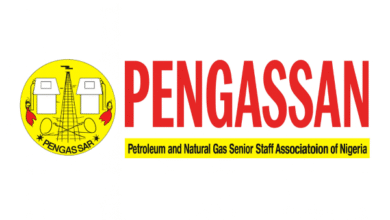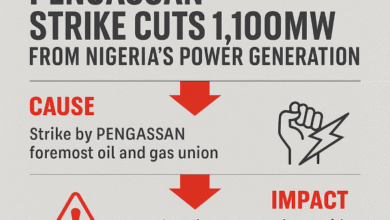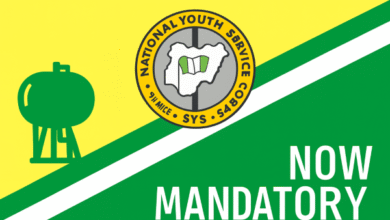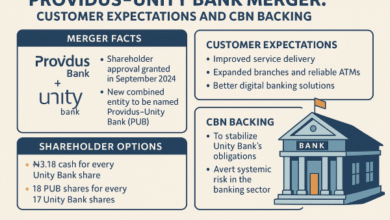ECOWAS Bank Approves €174m, $125m to Power Trade and Infrastructure in West Africa
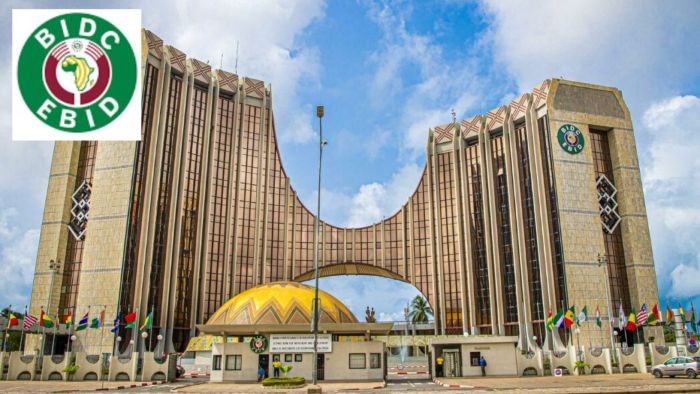
In a major step toward deepening economic integration and accelerating development across West Africa, the ECOWAS Bank for Investment and Development (EBID) has approved a fresh funding package totaling €174 million and $125 million to finance a portfolio of high-impact projects in infrastructure, renewable energy, trade facilitation, and skills development.
The approval was announced following the bank’s 92nd ordinary session, with the newly sanctioned investments positioned to drive industrialisation, strengthen trade corridors, and support regional value chains in line with ECOWAS Vision 2050 and the United Nations Sustainable Development Goals (SDGs).
According to the official statement from EBID’s Head of Communications, Anita Somda, the funding spans five West African countries and reflects the bank’s commitment to inclusive growth and economic resilience.
Breakdown of Strategic Development Projects
🇹🇬 Togo – Technical & Vocational Education (€50 million)
A €50 million loan will support the construction and equipping of six technical and vocational education centers across Togo. The project, led by Planet One, will provide industry-relevant skills to over 3,480 youth annually, boosting employability and industrial productivity.
“This project addresses skills gaps, enhances competitiveness, and builds a more dynamic labor force,” EBID noted.
Côte d’Ivoire – Clinker Import and Cement Production ($25 million)
A $25 million facility was approved for Société de Ciment de Côte d’Ivoire to finance the import of 400,000 tonnes of clinker, a key raw material in cement production. The initiative is expected to stabilize cement supply, reduce construction costs, and support housing and infrastructure development.
Guinea – Agricultural Schools & Clean Energy (€124 million total)
- €28.9 million will be used to modernize four agricultural high schools, providing young Guineans with the skills needed to succeed in agribusiness and agri-tech.
- €95.163 million is allocated to build three mini hydroelectric plants (30MW) in Poukou, Bolokoun, and Biwbaw, designed to harness Guinea’s hydraulic potential and deliver clean, off-grid electricity to underserved rural communities.
ECOWAS Bank says these investments in education and energy infrastructure are set to reduce youth unemployment and unlock new economic opportunities, especially in agriculture and small-scale manufacturing.
Nigeria – Lagos-Calabar Coastal Highway ($100 million)
A major infrastructural milestone, ECOWAS Bank has approved $100 million to co-finance the 47.7 km Lagos-Calabar coastal highway project, which connects nine states across Nigeria’s coastal corridor.
The project is expected to:
- Improve access to seaports and inland agro-processing zones
- Stimulate tourism and logistics trade
- Promote regional value chain emergence, especially for coastal communities
“The Lagos-Calabar route is a strategic artery for both regional integration and Nigeria’s blue economy,” the bank affirmed.
Driving Regional Growth Through Development Finance
The latest disbursement aligns with SDG 4 (Quality Education), SDG 7 (Affordable and Clean Energy), and SDG 9 (Industry, Innovation, and Infrastructure), underscoring EBID’s role as a key enabler of sustainable development in West Africa.
“These newly approved commitments underscore EBID’s strategic ambition to promote resilience, inclusive prosperity, and regional competitiveness,” said Somda.
With this latest round of approvals, EBID’s total financial commitments in the ECOWAS sub-region have now surpassed $5 billion, marking a significant footprint in regional transformation.
BRANDECONOMY Insight: A Growing Appetite for Targeted Impact Investment
As multilateral development finance shifts from traditional aid to high-return catalytic investments, EBID is positioning itself at the forefront of infrastructure diplomacy and trade-enabling finance across West Africa.
Analysts observe that the Lagos-Calabar highway, vocational training centers, and mini-hydro investments collectively signal a new paradigm—one focused not only on GDP growth but also on economic inclusivity, climate resilience, and productive employment.
For West Africa to compete in the global economy, bankable, cross-border projects like these must be scaled and replicated. EBID’s funding strategy shows the blueprint.







